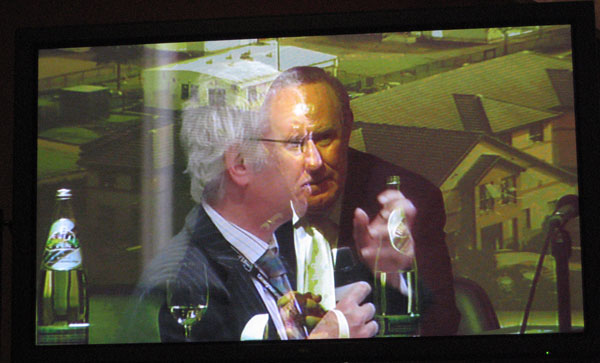Hmmm… According to Playfuls.com,
A comparison between Google Earth and Virtual Earth 3D is inevitable. And the conclusion is that Virtual Earth is so restrictive that it cannot even be considered a Beta version.The first annoying thing that all users outside the US or England will probably encounter is that you are not allowed to install Virtual Earth 3D yet in your native language.
In order to be able to install Microsoft’s VE3D you’ll have to change your settings (if you are in Windows XP) from Control Panel-Regional Settings and make your computer have a default English language. I haven’t yet had the opportunity to test the program on Linux, Solaris or Mac, but I am not that naïve to think it will work on those operating systems…
My apologies to Microsoft if that is not the case…The second annoying thing makes me again remember why everybody considers MS’s policy as arrogant, tyrannical and often stupid. You will not be able to view 3D maps if you don’t have Internet Explorer 6 or 7. To tell you the truth I do have IE7 installed on my computer but I don’t use it because I am a FireFox and Opera user. Well, Microsoft thought at that and made me cry in anger when I first tried to download the .msi installer for VE3D: nothing budged!… I asked through Skype a friend and he told me the same thing about FF: no pop-up, no warning, nothing! He eventually gave up but I had more patience and in the end I discovered that only IE is available (for now, I hope…) for this option…
If only it didn’t run under Windows.


